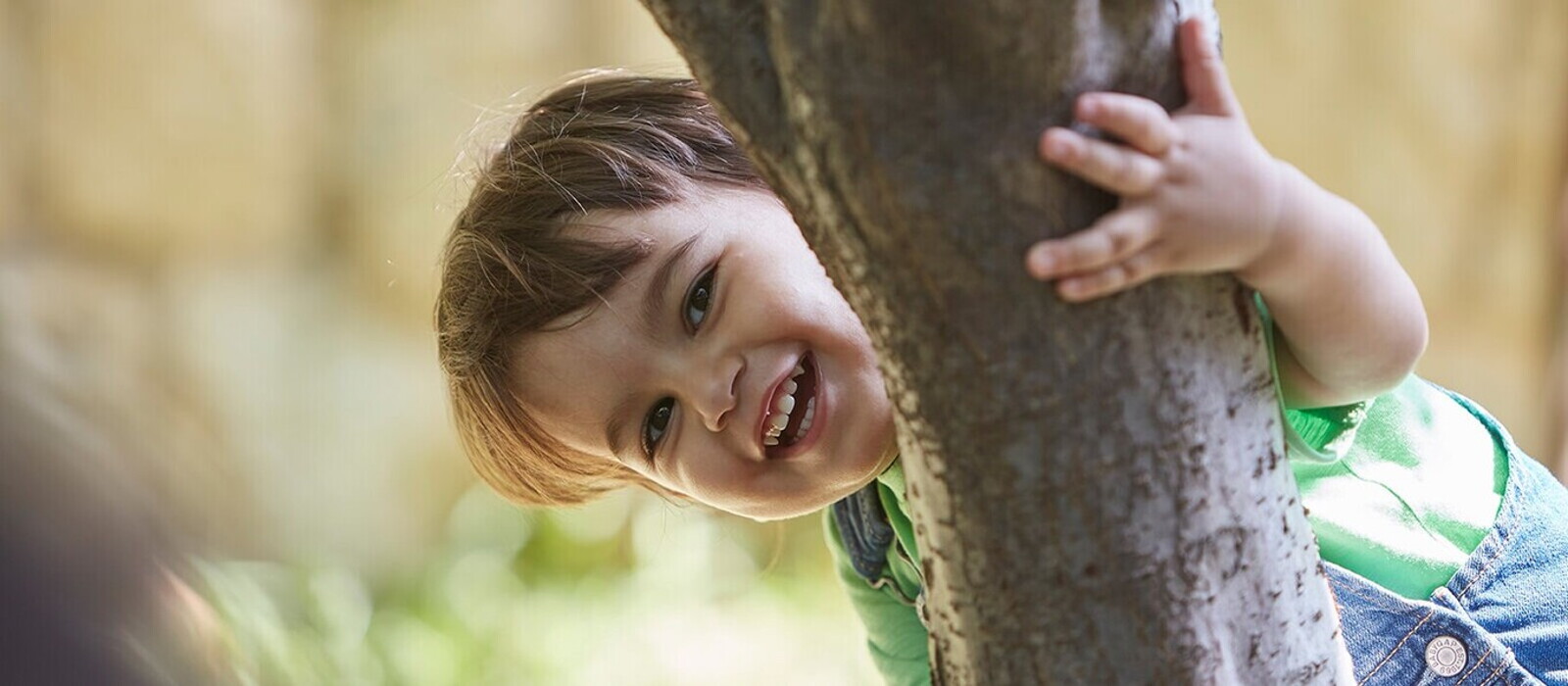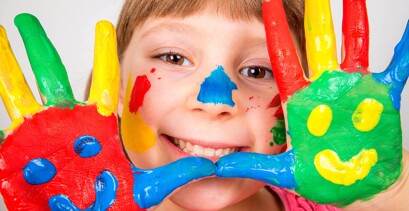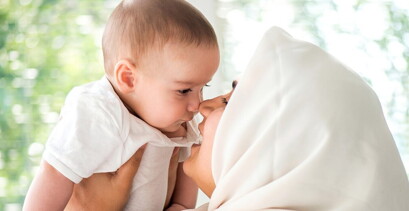Understanding Your Baby’s Smile
You’re certain to feel warmth in your heart when you see your baby smile for the first time.
You’re certain to feel warmth in your heart when you see your baby smile for the first time. But while it will make you happy, you will certainly start wondering what the smile means and where it came from. The truth is, the first smiles, as heartwarming as they are, are not intentional or in response to anything. They’re reflex smiles, where your baby is figuring out how things work, like a knee jerk.
Soon enough though, the first “real” smile will come through and you’ll instantly recognize your baby’s happiness. The first real smile is a sign of his development. It shows that his vision has improved and that he’s able to recognize your face. His brain is now aware that smiling is a way to communicate with you. (SEE BABIES MENTAL 3)
Real smiles start at around 6 to 12 weeks. From then on, he’ll smile to let you know he’s happy, excited, or content. And he’ll keep on smiling at you especially when he sees you’re smiling back. He’ll smile at you mostly, but occasionally he’ll smile at other people, and with time, his smiles will make you and everyone around him smile. With time, and as his mental and emotional development continues, he’ll start adding sounds to his smiles, in the form of cooing first, then giggles. By the time he’s 5 months old, your baby can have full-on belly laughs and that’s certain to make you giggle.
While you’ll be anxiously waiting for that first real smile, a lack of it early on does not necessarily mean that your child is unhappy. However, if by 3 months your baby is not smiling, mention it to his pediatrician.
Reference:
http://www.parents.com/baby/development/laughing/when-do-babies-start-smiling/



